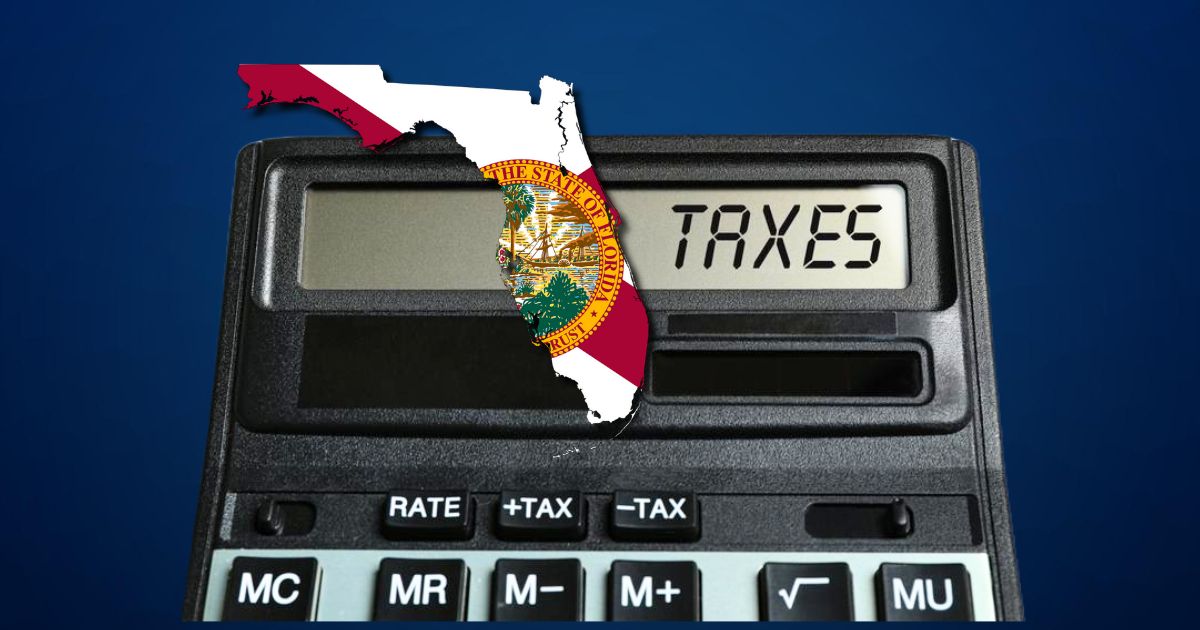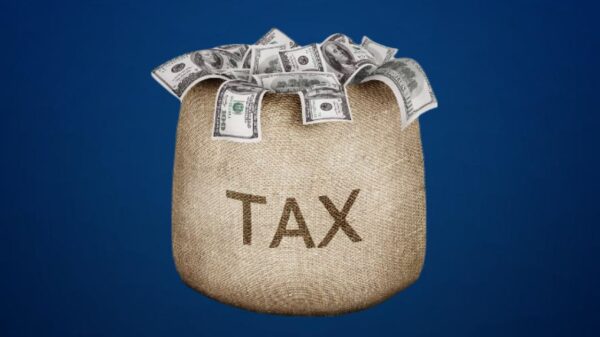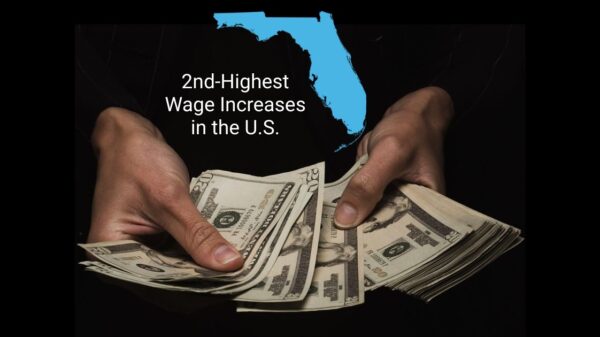Like many other states, Florida has different taxes on different products, including tobacco.
House Bill 785 and Senate Bill 1418 are in the Florida Legislature. These bills would seek to provide regulatory clarity on this issue by redefining the terms “cigarette” and “tobacco products” in Florida statutes and introducing the definition of “heated tobacco product.”
Supporters say this would be an important step in codifying the kind of risk-based taxation that Florida already maintains, legally setting it in stone, and reducing the harms and associated costs of traditional tobacco products to both smokers and the general public.
James Madison Institute (JMI) Tax analyst Doug Wheeler and researcher Aaron Royzis have analyzed Florida’s tax code on this issue. They say it creates a price differential between more harmful products (like traditional cigarettes) and less harmful alternative tobacco products (ATPs), including vapes, nicotine pouches, and heat-not-burn products.
Wheeler advocates that Florida policymakers should keep alternative tobacco products tax-free,” by using innovative smoke-free products to help reduce the health risks associated with smoking traditional cigarettes.
From heat-not-burn products that do not produce smoke to electronic nicotine delivery systems (ENDS) and oral nicotine products that remove tobacco’s harmful chemicals completely, smoke-free products help users avoid the health threats posed by smoking, including cancer and chronic obstructive pulmonary disease (COPD). Additionally, these alternative products reduce the external harm posed by cigarette secondhand smoke and allow smokers to use these products without affecting those around them.
“The Florida Legislature now has an opportunity to codify this into law by passing legislation that would ensure heated tobacco products, or HTPs, are taxed based on the relatively lower risk they pose compared to cigarettes and other traditional tobacco products,” says Wheeler.
JMI says the FDA recognizes the difference in the relative risks of tobacco products, as some pose lower health risks compared to traditional cigarettes, the most harmful type of tobacco product. The agency even distinguishes modified-risk tobacco products as a separate category for authorization, and some states have begun applying significantly lower taxes to those products compared to traditional tobacco products.
Taxing tobacco and nicotine products based on the relative harm they pose to consumers and the burden they place on public health is a smart way to reduce the negative health outcomes associated with smoking cigarettes without relying on prohibition or excessive taxation. By taxing smoke-free products less than combustible cigarettes—or, as Florida does with most of these products, not taxing them at all—lawmakers can offer a financial incentive for adults who smoke to switch to less harmful products and improve their health.
The goals of the two legislatures are to keep tax rates lower on smoke-free products compared to traditional cigarettes and to help incentivize more adults who smoke to switch to less harmful alternatives.
Wheeler and Royzis argue that maintaining a tax code that is in line with the benefits of tobacco harm reduction is good for public health. The legislature should take the opportunity to solidify this tax policy and write it into law.




















